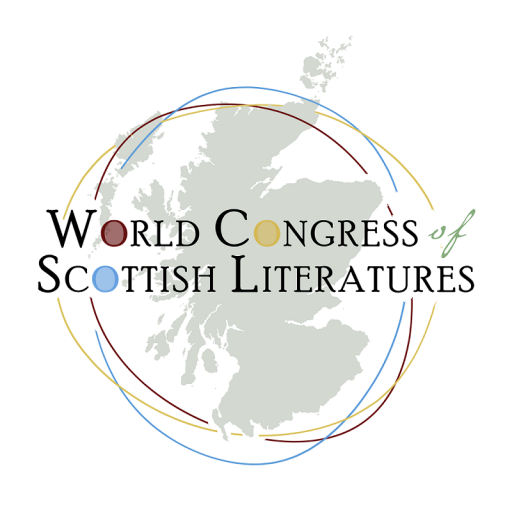Outer Limits: Visions of Apocalypse in Modern Scottish Science Fiction
Hugh MacDiarmid’s 1963 translation of Harry Martinson’s epic poem Aniara (1956) presents in English the great Swedish poet’s scifi “end of all things” vision, in which nuclear explosion knocks a Noah’s ark spaceship off course, sending all the survivors of humankind towards oblivion. The universe is wasted and everyone will die, but the poem is a series of “songs” of lament for the lost earth, following each other “in blast waves” as we imagine “the hurricane draughts, the seething heat and the gradual aftermath of radiation in a work whose symphonic breadth derives from one shuddering theme” as noted in the introduction: “humanity’s fall away from earth, into the trackless void.” MacDiarmid’s version is one of the great anti-nuclear poems and affirmations of human potential, countering the devastation modernity proposes, doing what scifi does best: imagining the worst outcome of human potential. It interlinks with other Scottish literary visions of apocalypse, such as Wild Harbour (1936) by Ian Macpherson (1905-44), Ewan MacColl’s play, Uranium 235 (1952), the anti-Polaris Scottish folk songs of the 1960s, Sorley MacLean’s 1970s poem “Screapadal,” Edwin Morgan’s visions of nuclear disaster in Sonnets from Scotland (1984) and “Memories of Earth,” Troy Kennedy Martin’s Edge of Darkness (1985) and Louise Welsh’s “Plague Times” trilogy, A Lovely Way to Burn (2014), Death is a Welcome Guest (2015) and No Dominion (2017). The grim presentation of the prospect of death without redemption in Aniara also connects from Sweden to Finland, with Sibelius’s Fourth Symphony and Tapiola: north European winter at its worst.
Alan Riach, University of Glasgow, Scotland
